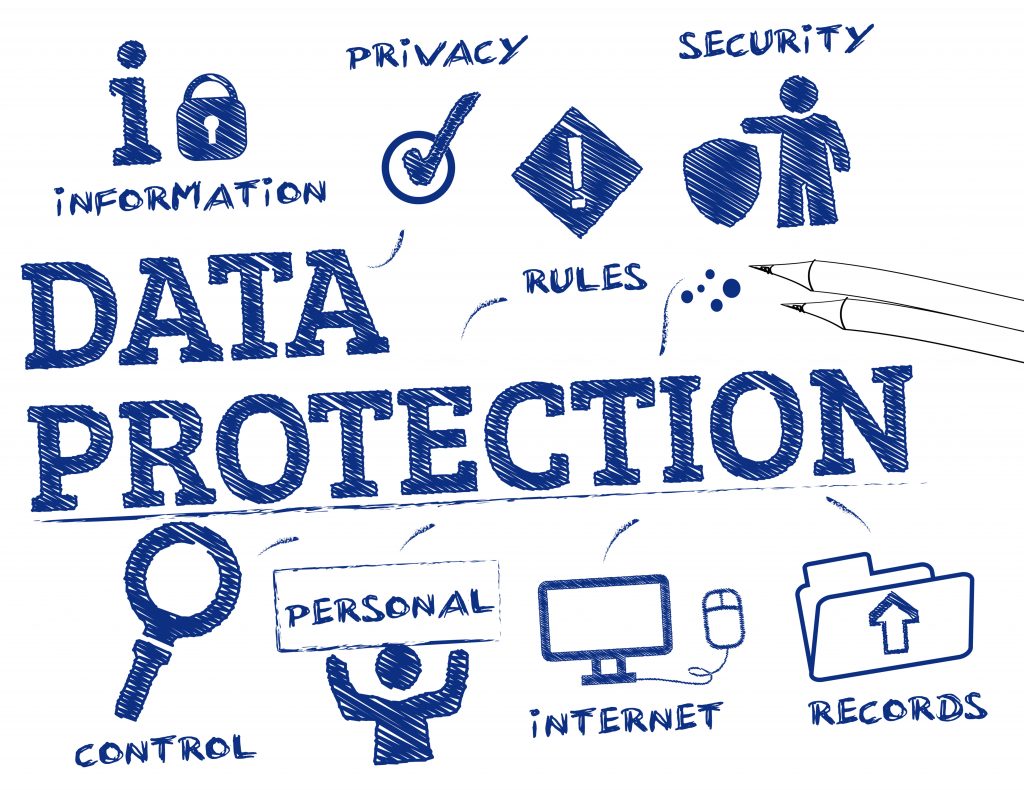
IR-2019-145, August 22, 2019
The Internal Revenue Service and its Security Summit partners late last week warned taxpayers and tax professionals about a new IRS impersonation scam campaign spreading nationally on email. Remember: the IRS does not send unsolicited emails and never emails taxpayers about the status of refunds.
The IRS this week detected this new scam as taxpayers began notifying phishing@irs.gov about unsolicited emails from IRS imposters. The email subject line may vary, but recent examples use the phrase “Automatic Income Tax Reminder” or “Electronic Tax Return Reminder.”
“The IRS does not send emails about your tax refund or sensitive financial information,” said IRS Commissioner Chuck Rettig. “This latest scheme is yet another reminder that tax scams are a year-round business for thieves. We urge you to be on-guard at all times.”
To read the full article, CLICK HERE.
